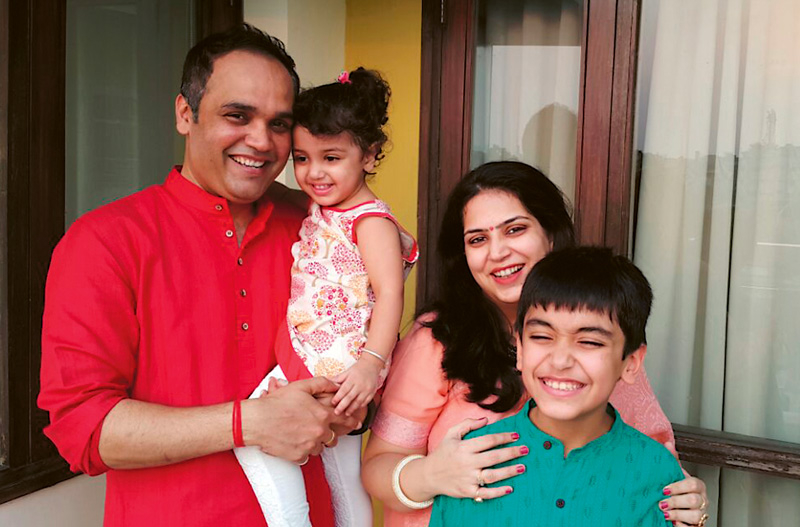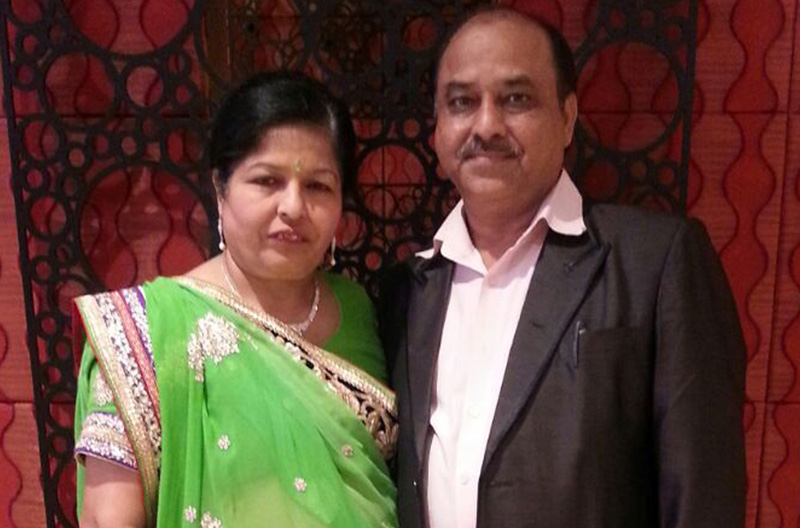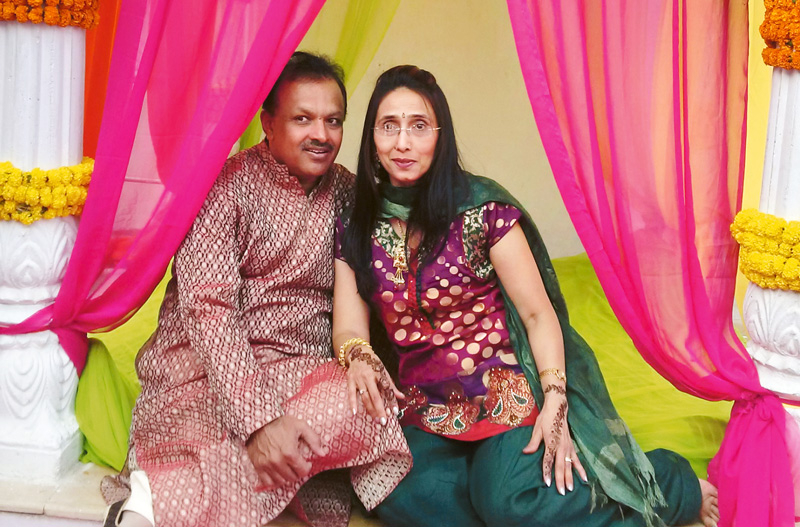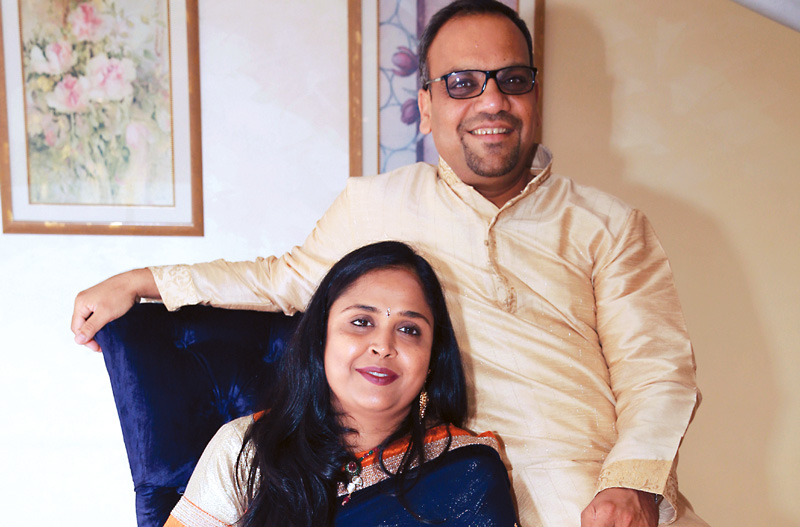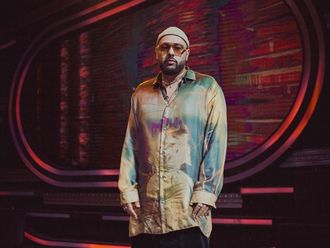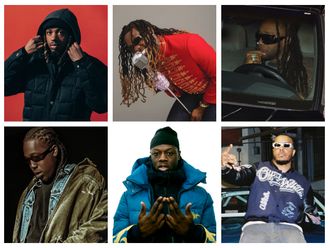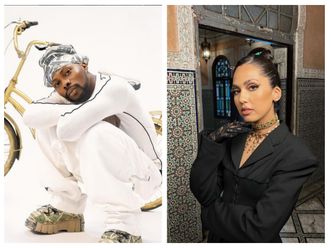It’s that time of the year when Hindus everywhere gear up to celebrate Diwali, the Indian festival of lights, and to welcome the goddess of wealth, Lakshmi, into their homes. Although the main day of the five-day festival falls on Sunday, Abu Dhabi residents have been celebrating for weeks.
Alok Garg, 48, is a member of the Marwari community and has lived in the capital for more than ten years with his wife, Barkha. While the expatriate couple miss their families during the celebrations, Garg says close friends step into the breach. It’s an experience they share with other expatriate Indians.
“There are a series of parties in the weeks before and after Diwali day, organised by all our friends,” the chartered accountant says. “The best part is they are hosted at respective homes, so we end up celebrating multiple times over many weekends.”
Of all the traditions associated with Diwali, the Lakshmi puja, a ceremony of worship to welcome the goddess, takes precedence for the Gargs. “For this, my wife will do lots of decoration all around the house. A Rangoli [floor decoration] is set up at the main entrance, buntings are hung at the doors and shoes are left outside on this auspicious day.”
The Punjabis Supriya and Tripat Mehrotra, aged 36 and 40 respectively, say Diwali signals new beginnings, with a clean-up to rid their home of the past year's accumulated clutter. New clothes, gold ornaments, diyas, or clay lamps and idols of Lakshmi and the god Ganesh are all on the shopping list. The preparations begin with the making of festive sweets. “The aroma of mouth-watering gujiyas, samosas and dahi vadas already start occupying our mind,” says Tripat, who works in hospitality. “During that time we say goodbye to counting calories and savour all the Indian delicacies made by my mum.” The day itself is spent ringing family in India and around the world, followed by the making of more sweets and finally, the prayer ceremony.
With fireworks not widely used around the UAE, for children Diwali means more gifts,and listening to their grandparents recount the myths behind the festival.
Some 15-20 families come together to celebrate with Mita and Ashvin Doshi, 55 and 59 respectively. The Gujarati couple host a dinner for 50-100 people at their home on Dhanteras, the first day of the festival. “That’s when we step out to buy gold as that is considered auspicious,” she says, “while on Diwali day we go to a friend’s shop for the puja, and to dinner with 35-40 others.”
While the season brings extended families closer, missing those family members who aren’t in the UAE is a common expat refrain. For Preeti and Vasudev Bhatia, it's the first Diwali without their two daughters, both of whom married recently. Fifty-seven-year-old Preeti, a homemaker, will spend the time with friends and relatives instead. “On Diwali in the evening, all my lady friends bring one dish and we gather at one of our friends' home to play games, sing songs and enjoy the festive atmosphere,” she says. “Then at night, I invite over some of my relatives here in Abu Dhabi to dinner and prayers.” As the oldest member in the family, she makes sure to set aside cash gifts for the children – they’re a token of blessing.
For Preeti and Vasudev, though, next year will be extra special. “We are eagerly waiting for the new temple to open in Abu Dhabi,” she says. “That will bring the significant Hindu community together to enjoy the festival.”


